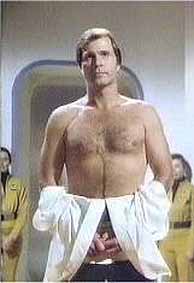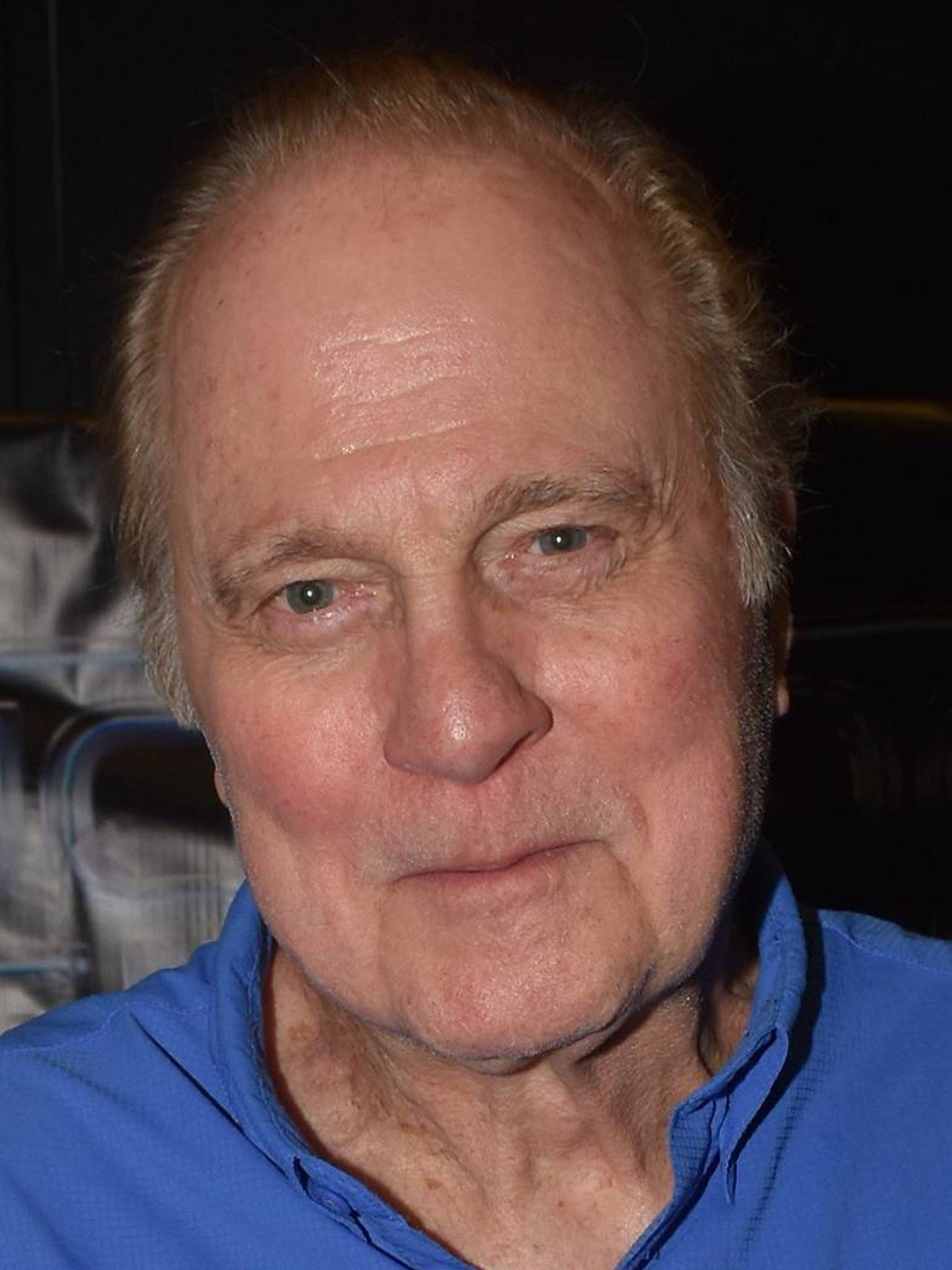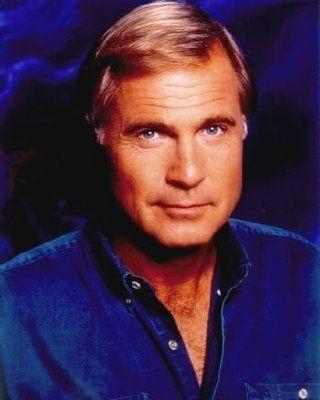Can you imagine the pressures of working on a wholesome family show while facing sexism and bullying from your co-star? Karen Grassle, who portrayed Ma Ingalls in Little House on the Prairie, has bravely spoken out about her experiences with Michael Landon. The revelation paints a stark contrast to the idyllic world depicted on the series. Grassle claims that behind the scenes, Landon often mocked her, creating an uncomfortable atmosphere for cast members.
Born in Berkeley, California, Karen Grassle continues to reside there today. Her life took unexpected turns during the mid-1970s when she had a brief but tumultuous affair with actor Gil Gerard, which ended her engagement at the time. Despite these personal challenges, Grassle maintained her professionalism throughout her tenure on “Little House.” However, the dynamics between her and Landon were far from harmonious. According to Grassle, Landon’s behavior was not only unbecoming but also indicative of broader issues within the entertainment industry regarding gender equality and respect in the workplace.
| Biographical Information | Details |
|---|---|
| Name | Karen Grassle |
| Date of Birth | April 25, 1946 |
| Place of Birth | Berkeley, California |
| Profession | Actress |
| Famous For | Playing Caroline Ingalls (Ma) in Little House on the Prairie |
| Notable Relationships | Relationship with Gil Gerard in the 1970s |
| Current Residence | Berkeley, California |
| Professional Website | karenggrassle.com |
Gil Gerard, known primarily for his role as Buck Rogers in the eponymous sci-fi series, crossed paths with Grassle under circumstances that remain intriguing even decades later. Born Gilbert Gerard in Little Rock, Arkansas, he embarked on an acting career after abandoning his studies in chemistry. His tenure as regional manager for a chemical company headed by former Arkansas Governor Winthrop Rockefeller adds depth to his background. Yet, it is his work in television that defines him most vividly.
Gil Gerard’s transition from industrial chemist to Hollywood star reflects the unpredictable nature of the entertainment business. Landing roles in various productions, including Buck Rogers in the 25th Century, Gerard became a household name. Despite this success, his career faced its share of ups and downs. Today, fans fondly remember his portrayal of Buck Rogers, alongside Twiki, the robotic companion whose antics brought levity to the futuristic drama.
In recent years, Gerard has remained active in the industry, contributing to projects aimed at reviving the spirit of classic science fiction. He joined forces with a new sci-fi drama series hoping to recapture the essence of the late 1970s and early 1980s NBC shows. This endeavor underscores his enduring passion for storytelling through speculative genres. Additionally, interviews reveal his involvement in diverse ventures, such as developing content for niche channels like Discovery Health.
Grassle’s accusations against Michael Landon resonate deeply given the historical context of their collaboration. During the filming of “Little House,” societal norms concerning women's roles were evolving rapidly. While the series celebrated family values and resilience, internal conflicts underscored the complexities of achieving true parity in professional settings. Grassle’s courage in speaking up serves as a reminder of how far the industry has come—and how much further it must go.
The interplay between Grassle’s personal life and her professional journey adds layers to her narrative. Her relationship with Gil Gerard occurred amidst significant transitions both personally and professionally. Although short-lived, this connection influenced her perspective significantly. It highlighted the dual realities many actresses navigated: balancing private lives with public personas while confronting inequities inherent in their workplaces.
As Grassle reflects on her storied career, she emphasizes the importance of authenticity and integrity in storytelling. Beyond portraying Ma Ingalls, she advocates for greater awareness around workplace conduct and equitable treatment across genders. Her advocacy aligns closely with contemporary movements striving for systemic change within entertainment sectors worldwide.
Gil Gerard’s legacy extends beyond Buck Rogers; he remains emblematic of an era defined by groundbreaking science fiction narratives. Collaborations with other notable figures like Erin Gray solidified his place among pioneering actors who shaped modern sci-fi culture. Interviews conducted over the years provide glimpses into his creative processes and aspirations post-Buck Rogers, showcasing versatility beyond initial fame.
Both Grassle and Gerard exemplify perseverance amid adversity. Their stories highlight the necessity for open dialogue surrounding workplace dynamics and mutual respect irrespective of gender or status. As audiences continue revisiting beloved classics featuring these talents, they carry forward messages advocating fairness, inclusivity, and empathy within all facets of human interaction—on-screen and off.
From Grassle’s candid revelations about Landon’s demeanor to Gerard’s ongoing pursuits in revitalizing cherished franchises, their contributions leave indelible marks on the landscape of American television history. Through continued efforts toward fostering healthier environments where creativity thrives unfettered by bias or intimidation, future generations stand poised to benefit immensely from lessons learned along the way.
In conclusion, examining Grassle’s experiences alongside Gerard’s trajectory illuminates critical themes pertinent to today’s discourse on equity and justice within the arts. By honoring their legacies authentically, we honor ourselves collectively—as consumers, creators, and participants shaping cultural narratives for tomorrow’s world.



